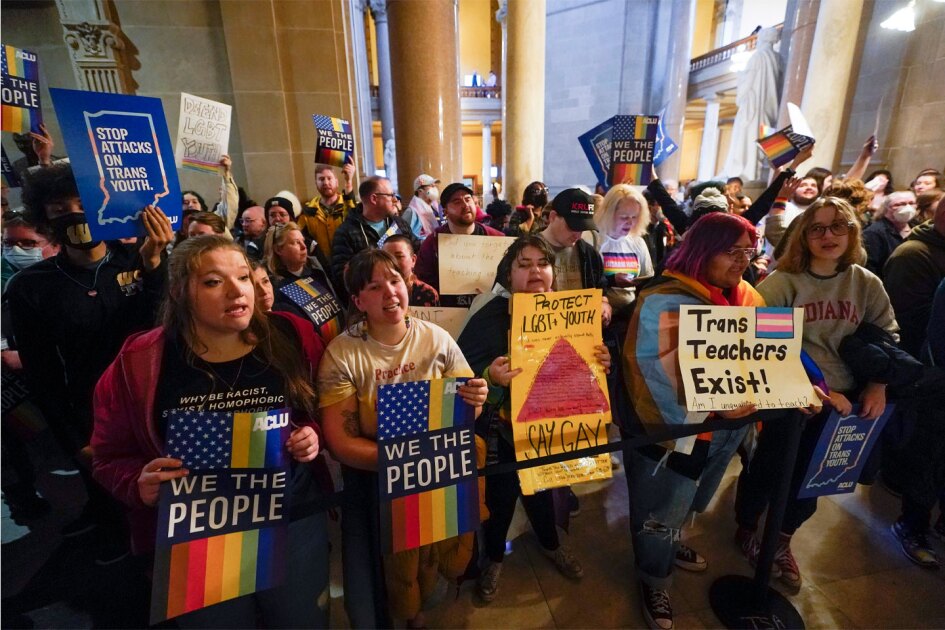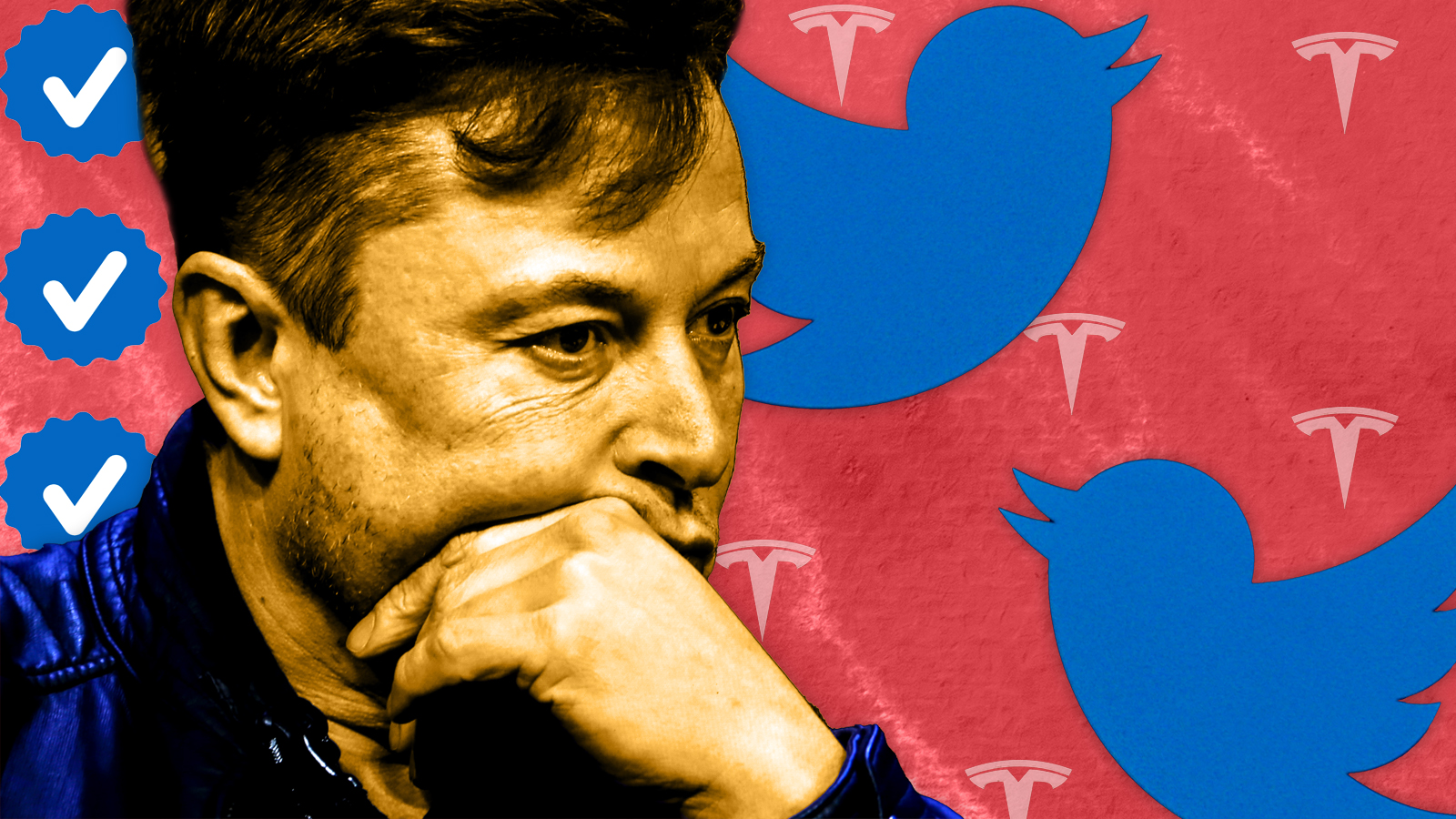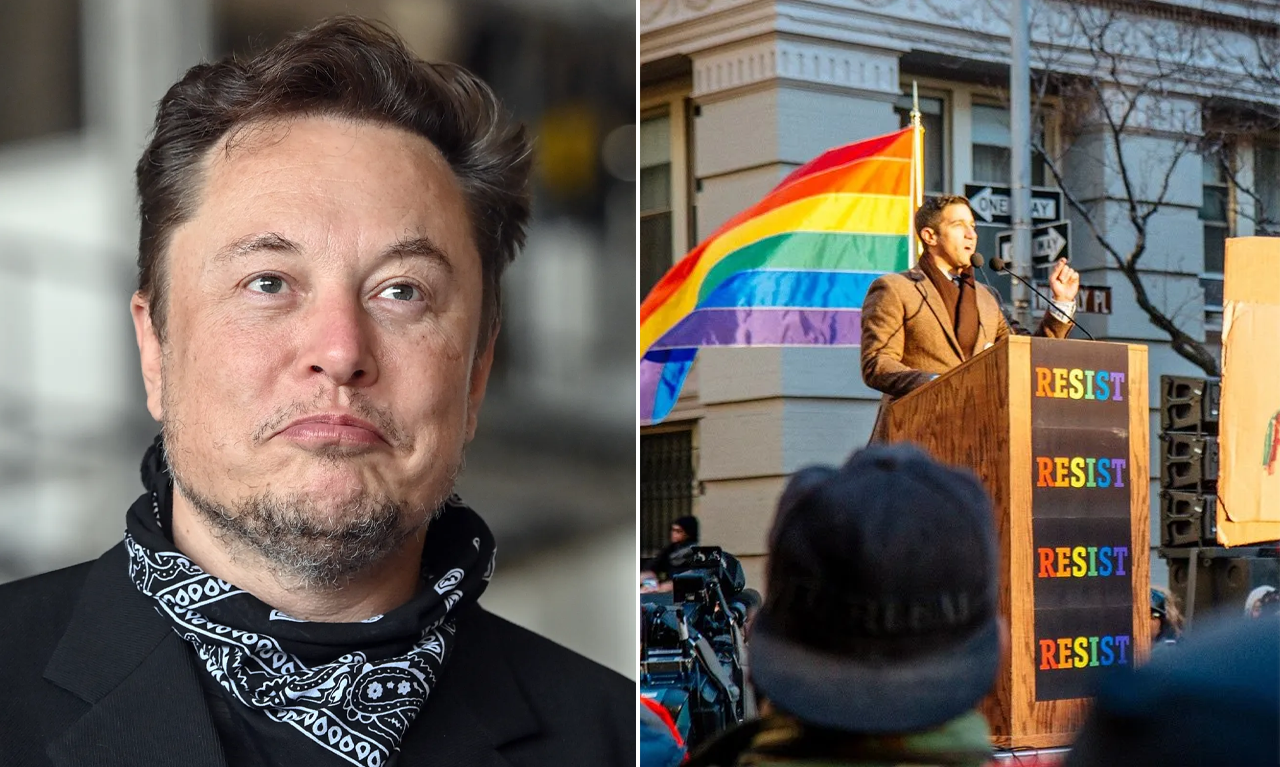Outrage as Elon Musk Suggests Eliminating Pride Flags in Educational Settings

Elon Musk, the outspoken billionaire and CEO of Tesla and X (formerly Twitter), has once again stirred controversy, this time for suggesting the removal of Pride flags from schools and other educational settings. His comments, made during a heated social media exchange, have sparked widespread outrage from LGBTQ+ advocates, educators, and public figures, reigniting debates over inclusivity, free speech, and the role of symbolism in education.
Musk’s Controversial Statement
The uproar began when Musk replied to a post questioning the relevance of displaying Pride flags in schools. In his response, Musk suggested that educational institutions should focus on “teaching core subjects” rather than what he referred to as “political symbols.” While he did not explicitly call for a ban, his remarks implied that Pride flags may not belong in educational spaces.
Musk tweeted:
“Schools are for education, not indoctrination. Symbols like Pride flags can be divisive and detract from the focus on academics.”
His comment immediately went viral, drawing both applause from supporters who share his views and criticism from those who see his words as dismissive of LGBTQ+ inclusion.
Backlash from LGBTQ+ Advocates and Educators

Critics were quick to condemn Musk’s remarks, arguing that Pride flags in schools serve as a symbol of acceptance, safety, and support for LGBTQ+ students and staff. Advocacy groups highlighted that LGBTQ+ youth are disproportionately affected by bullying, mental health challenges, and feelings of isolation, and that visible signs of allyship, such as Pride flags, can make a significant difference in fostering an inclusive environment.
“Removing Pride flags sends a harmful message that LGBTQ+ students are not valued or welcome,” said a spokesperson for GLAAD. “Symbols of inclusivity are not political—they’re essential.”
Teachers and administrators echoed these sentiments, emphasizing that Pride flags are often displayed to promote diversity and create a sense of belonging. “Education is about preparing students for the real world, and that includes embracing diversity and understanding different perspectives,” an elementary school teacher in California stated.
Supporters Defend Musk

While critics voiced their disapproval, Musk’s supporters rallied behind him, agreeing that schools should avoid what they perceive as political or ideological displays. Many argued that the presence of Pride flags could alienate students and families with differing beliefs.
“Elon is right. Schools should focus on math, science, and reading—not social agendas,” wrote one Twitter user. Others claimed that inclusivity can still be achieved without displaying symbols that some might find polarizing.
Conservative commentators and organizations also praised Musk for speaking out, framing his remarks as a stand against what they view as unnecessary cultural battles in educational settings.
Broader Implications for Schools and Society

The debate over Pride flags in schools is not new, but Musk’s high-profile comments have reignited it on a global scale. At the heart of the issue is a larger conversation about how schools should navigate inclusivity while respecting diverse viewpoints.
For LGBTQ+ advocates, the stakes are high. Studies consistently show that LGBTQ+ students are more likely to experience bullying and discrimination, and visible signs of support can significantly improve their mental health and academic performance. Removing these symbols, critics argue, risks erasing the progress made toward creating safe and inclusive environments.
On the other hand, some parents and community members believe that schools should remain neutral spaces, focusing solely on academics rather than social or political issues. They argue that the presence of Pride flags—and other symbols like Black Lives Matter posters or religious imagery—could lead to division and distract from educational goals.
Elon Musk: A History of Controversial Statements

This is not the first time Musk has sparked controversy with his views on social and political issues. Known for his unfiltered social media presence, Musk has weighed in on topics ranging from gender identity to free speech. His opinions often polarize audiences, with supporters hailing him as a champion of free expression and critics accusing him of using his platform irresponsibly.
His latest comments come at a time when debates over LGBTQ+ rights and visibility are intensifying, particularly in the United States. Several states have introduced legislation limiting discussions about LGBTQ+ topics in schools, further fueling tensions between advocates of inclusivity and proponents of traditional education.
Conclusion
Elon Musk’s suggestion to eliminate Pride flags in schools has amplified an already contentious debate about the role of inclusivity and symbolism in education. While supporters view his stance as a call for neutrality, critics argue that it undermines efforts to create safe spaces for marginalized students.
As public discourse around this issue continues to evolve, it highlights the challenges schools face in balancing diverse perspectives while fostering acceptance and understanding. Whether Musk’s comments lead to tangible policy changes remains to be seen, but the controversy underscores the enduring complexities of navigating cultural symbols in an increasingly polarized society.



